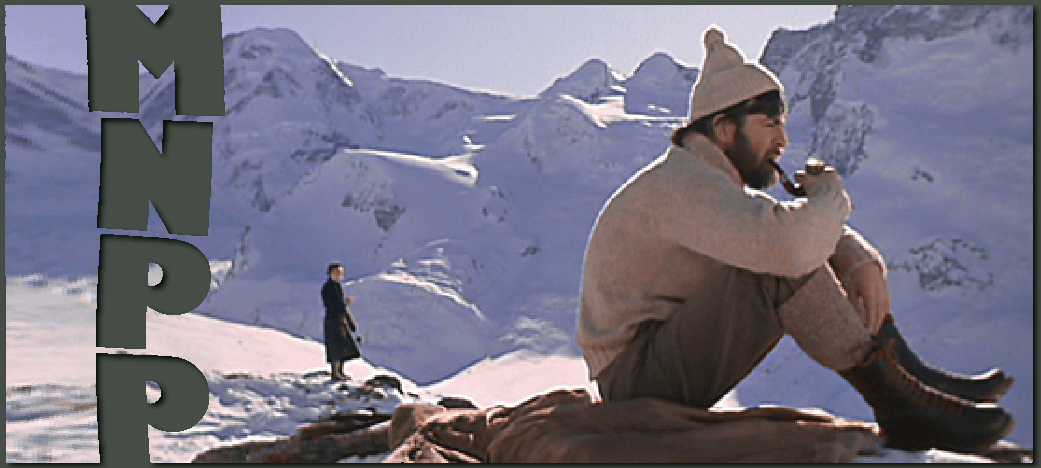.
What does Cancer look like? If I told you to close your eyes and picture it, what would you see? If someone you know and love or knew and loved suffers or suffered with the disease then I imagine you're thinking of and picturing them and their suffering. But I mean Cancer. Cancer itself. If you could rip it out of a person and stand it up in front of you, what would you see standing there, blinking back?
It's sort of Lovecraftian, isn't it? It's black tar and tentacled, tipped like the end of a lit cigarette. Somewhat amorphous like gaseous clouds, the rainbow slicks on oily outer space, shapeless and yet thick, dark, present. It reflects a vast nothingness, shimmering oblivion, scorched touch. It is an awfulness made tangible -- sentient nightmare stuff, a devourer of worlds. What Richard Stanley's new Lovecraft adaptation Color Out of Space, in theaters tomorrow, does best and does smartest is take the unknowable stuff of the Shoggoth and give it a human face.
The Gardner family consists of father Nathan (Nicolas Cage) and mother Theresa (Joely Richardson) -- whose name, radiating as it does selflessness and good, eventually in this context comes to feel awfully pointed -- with their two teenage kids Lavinia (Madeleine Arthur) and Benny (Brendan Meyer) and then the big-eyed youngest called Jack (Julian Hilliard). They are dealing with sickness. Theresa has breast cancer, she's just had a mastectomy, and everybody as we meet them is in their various stages of shock. They each are searching for ways to cope.
Theresa is disgusted by her scarred body, even as Nathan does what he can to impress upon her that his love hasn't changed. Meanwhile the kids escape into their own bubbles -- Lavinia's in particular conjures a strangeness, literally, since she's immersed in peaceable witchcraft, looking towards otherworldly ways of securing some sort of healing for her mom. It just turns out, to nobody's benefit, that in this particular world, the world of Lovecraft where the blackness blinks back, a trespassing of those borders isn't the best of schemes.
I don't know if there is any horror in this world more tangible to all of us than there is the one of helplessly watching a loved one die. It's happening every day in hospitals and homes, to hundreds of thousands of people right this second. And yet, as close as that experience is to so many of us, as many of us that have lived through it and emerged scarred ourselves on its other side, there's something beyond words and science about it -- something, whether one is religious or not, darkly metaphysical, tinged with the unknowable unknown. Because no matter what we do we can't stand that Cancer up in front of us and give it a good look. It slips away the second you catch sight of it.
Color Out of Space seems to understand this, and in its best moments (most specifically its second half) weds and winds these sticky threads together -- the intellectual and emotional apocalypse that bursts, fiery and catastrophic, off our closest brushes with actual lived-in oblivion. It stares into horror's face and it sees horror staring right back -- wet, hard, shell-backed and slippery, ornate rows of sausage-like anatomy squirreling around itself, a wheezing festering squeal of agony pressed from the burned lips of those we love dearly; all too entirely awful to contemplate. It's got guts, I'll give it that.








































1 comment:
Thank you for writing this. I just saw Color Out of Space and was comforted to see a film that "got" what my family has been going through the past two years.
Post a Comment